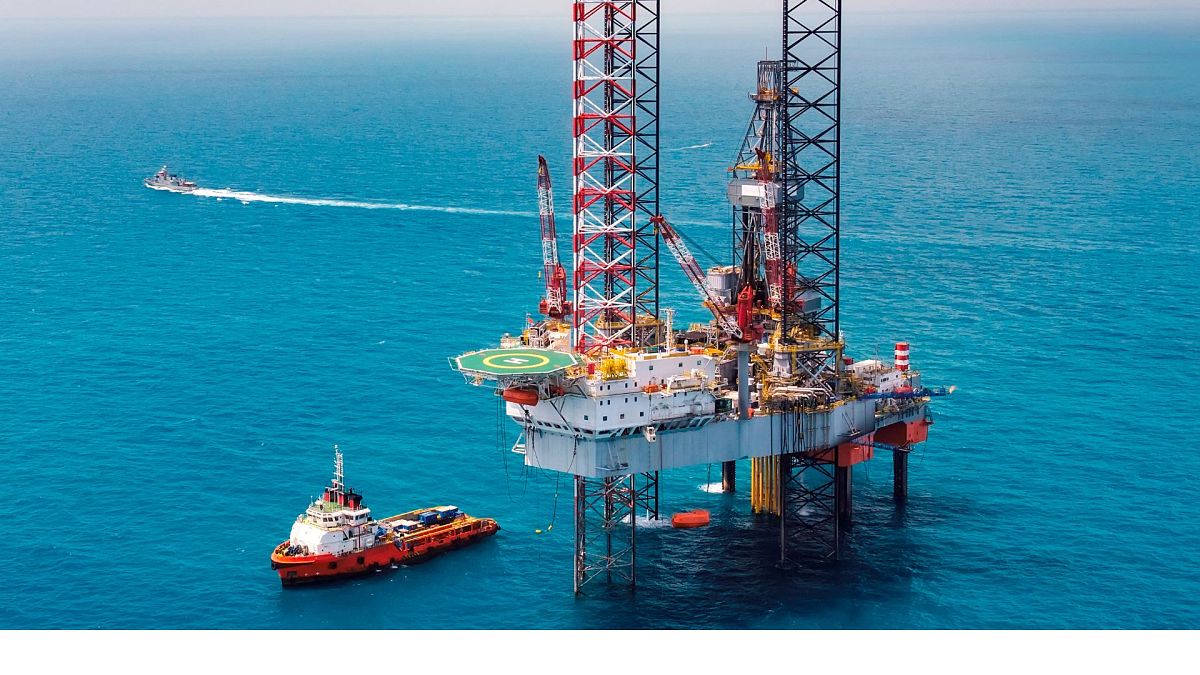By AP with Indrabati Lahiri
Published on
Oil prices surged on Wednesday after a report by CNN suggested that Israel could launch an attack on Iranian nuclear facilities, according to new US intelligence.
US crude oil jumped 1.1% on Wednesday morning to $62.7 per barrel, whereas Brent crude oil advanced 1% to $66 per barrel.
However, CNN emphasised that it wasn’t clear as yet whether a confirmed decision about the possible attack had been made.
Oil markets have been volatile for the last few days, mainly because of anticipation around the next round of Iran-US nuclear talks, due to be held this weekend. These talks are also expected to help increase global oil supply.
However, any strike against Iran by Israel is likely to negatively impact these negotiations, which in turn, could further fuel Middle Eastern tensions and significantly affect oil markets.
Although Israel has not been shy about its intentions to target Iran, several Iranian nuclear facilities may already be capable of defending themselves against the majority of strikes.
Robert Rennie, head of commodity and carbon research for Westpac Banking Corp, said, as reported by Bloomberg: “This is the clearest sign yet of how high the stakes are in the US-Iran nuclear talks and the lengths Israel may go to if Iran insists on maintaining its commercial nuclear capabilities.”
He added: “Crude will maintain a risk premium as long as the current talks appear to be going nowhere.”
Traditional forex safe havens such as the Japanese yen and the Swiss franc also saw a slight boost following the release of the CNN report.
US-Iran nuclear talks hang in the balance
In talks on the nuclear issue, Iranian officials have warned they could pursue a nuclear weapon with their stockpile of uranium enriched to near weapons-grade levels. US President Donald Trump has repeatedly threatened to unleash airstrikes targeting Iran’s program if a deal isn’t reached.
US special envoy Steve Witkoff said in an ABC News interview on Sunday, as reported by the BBC: “We cannot allow even 1% of an enrichment capability. We’ve delivered a proposal to the Iranians that we think addresses some of this without disrespecting them. We want to get to a solution here. And we think that will be able to.”
He added: “But everything begins from our standpoint with a deal that does not include enrichment. We cannot have that. Because enrichment enables weaponisation, and we will not allow a bomb to get here.”
Earlier this week, Iran’s Supreme Leader Ali Khamenei revealed that he did not believe that the latest round of talks between Iran and the US would be successful.
Despite rising sanctions from the US and some of its allies such as Europe and the UK, Iran has been able to continue exporting crude oil and has also increased its supply in the last few months.
Ongoing Middle Eastern conflicts such as the Israel-Hamas war and Houthi Red Sea attacks have gone a long way in souring relations between Israel and Iran in the last several months.
As such, any new attack, especially on Iran’s nuclear facilities may significantly affect the wider Middle Eastern region and further delay any hope of stability in the area.

